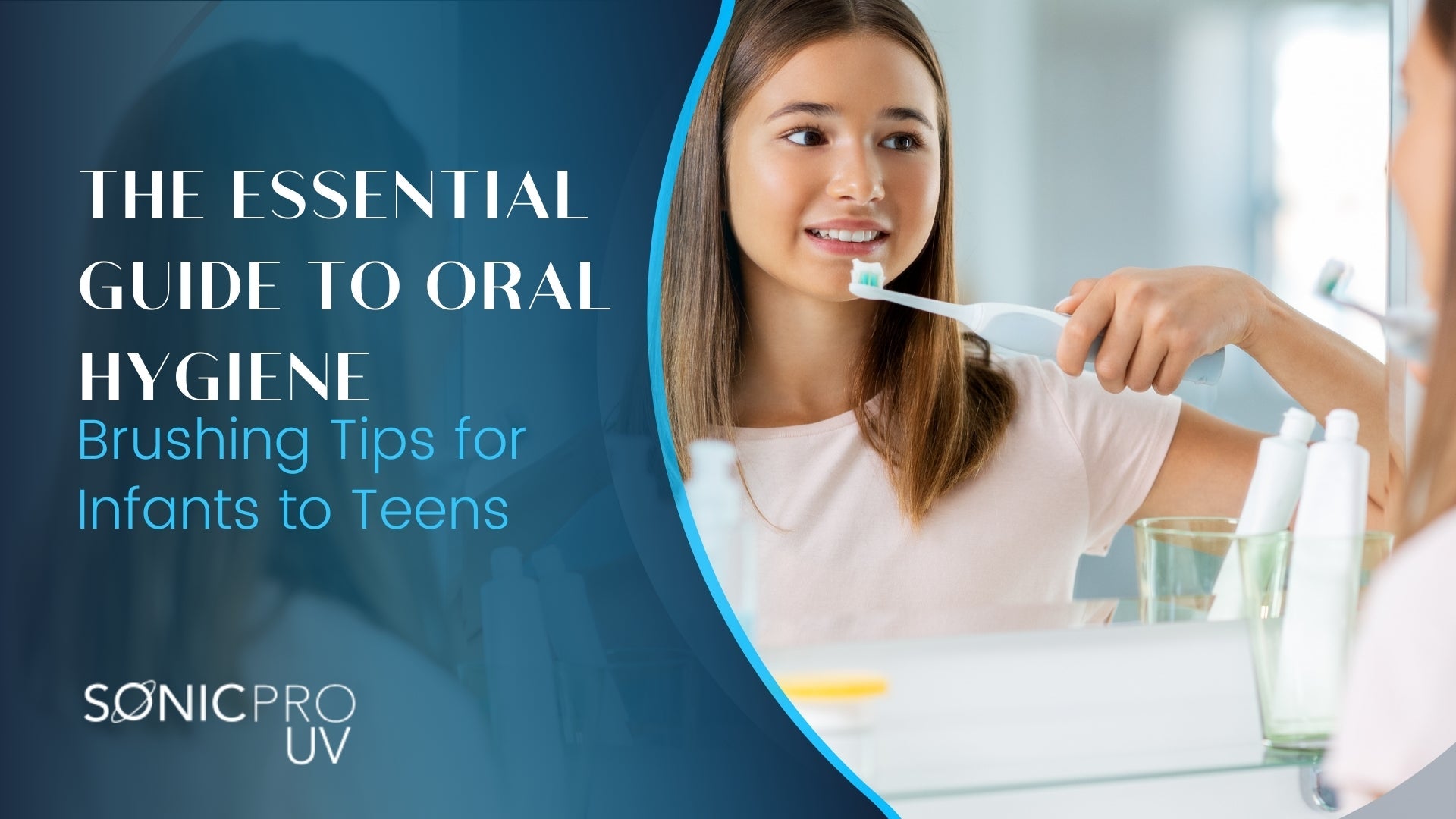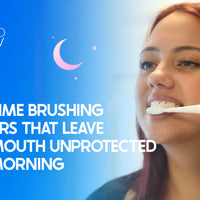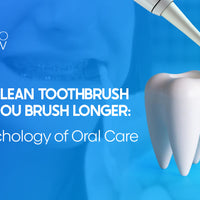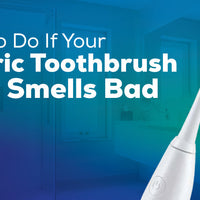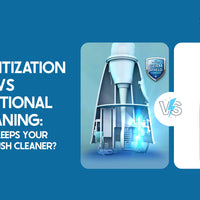There’s no denying that oral health has a HUGE say in overall well-being, and its foundation is laid in childhood. Brushing is more than a daily routine—it’s a habit that prevents cavities, strengthens teeth, and promotes long-term health. As children grow, their oral care needs change, making it important to tailor brushing practices to their developmental stage.
From infants to teens, each age group requires a specific approach to oral hygiene—and this is exactly what we’ll discuss here. Here, you’ll know the importance of brushing the teeth, get tips for different age groups, and even understand why instilling proper brushing habits early can ensure lifelong oral health. Let’s start by understanding why brushing teeth is important for your child’s smile and health!

Why Brushing Teeth is Important
Brushing isn’t just about maintaining a bright smile; it’s the first line of defense against plaque, cavities, and gum disease. The mouth is a gateway to overall health, and poor oral hygiene can lead to issues like bad breath, tooth decay, and even systemic diseases.
Here are some key reasons why brushing is vital at every age:
- Prevents Cavities: Regular brushing removes food particles and plaque, which can erode enamel and cause cavities.
- Protects Gums: Healthy gums anchor teeth firmly in place, and brushing helps prevent gum disease.
- Builds Self-Confidence: A clean, healthy smile boosts self-esteem, particularly in social and academic settings.
- Establishes Lifelong Habits: Teaching children the importance of brushing early instills a habit that lasts a lifetime.
Brushing Tips for Infants (0–2 Years)
Oral care begins even before a child’s first tooth erupts. Cleaning an infant’s gums helps remove harmful bacteria and prepares their mouth for healthy tooth development.
-
Why Brushing is Important for Infants:
Even though infants don’t have teeth, their gums can harbor bacteria that contribute to early tooth decay. Early oral care prevents bacterial buildup and promotes overall gum health. - Tips:
- Use a clean, damp washcloth to gently clean the gums after feeding.
- Once teeth appear, use a soft-bristled baby toothbrush with a rice grain-sized amount of fluoride toothpaste.
- Avoid giving sugary drinks, especially at bedtime, to prevent early childhood caries.
Brushing Tips for Toddlers (2–5 Years)
As toddlers gain independence, they start to show interest in self-care. While they might want to brush on their own, parental supervision is essential to ensure effectiveness.
-
Why Brushing Teeth is Important for Toddlers:
This stage is critical for building habits that prevent cavities and encourage independence in oral care. - Tips:
- Use a pea-sized amount of fluoride toothpaste.
- Introduce brushing as a fun activity using songs, stories, or apps.
- Let toddlers “practice” brushing, but always supervise and help them reach every tooth.
Brushing Tips for Children (6–12 Years)
Children become more independent in brushing at this stage, but they still need guidance to ensure they’re brushing effectively.
-
Importance of Brushing for Older Kids:
This is a period of rapid dental development, with baby teeth falling out and adult teeth coming in. Consistent brushing prevents plaque buildup, cavities, and gum issues. - Tips:
- Encourage brushing for at least two minutes, twice daily.
- Introduce an electric toothbrush like the SonicPro UV for improved cleaning and engagement.
- Emphasize flossing, especially as permanent teeth emerge.
Brushing Tips for Teens (13–18 Years)
Teenagers face unique oral health challenges, from braces to increased exposure to sugary foods. They may also be less motivated to maintain oral hygiene, making this a critical period for reinforcement.
-
Why Brushing Teeth is Important for Teens:
Healthy teeth and gums contribute to confidence, especially in social interactions. Brushing also combats bad breath, stains, and cavities. - Tips:
- Use a toothbrush designed for braces if applicable, or an electric toothbrush for thorough cleaning.
- Encourage brushing after consuming sugary or acidic foods to prevent enamel erosion.
- Make oral hygiene part of their self-care routine by emphasizing its connection to overall health and appearance.
Additional Tips for Parents
- Set an Example: Children mimic their parents. Brush and floss together to demonstrate good habits.
- Make it Fun: Use rewards or charts to track consistent brushing.
- Choose the Right Tools: Select age-appropriate brushes and toothpaste with fluoride.
- Visit the Dentist Regularly: Schedule check-ups every six months to monitor oral health and address issues early.

Conclusion
The importance of brushing the teeth extends far beyond a sparkling smile. It’s the foundation of oral and overall health, instilling discipline and care in children as they grow. By understanding why brushing teeth is important at each stage and tailoring care to your child’s needs, you empower them to maintain healthy, confident smiles for life. Start early, stay consistent, and make brushing a positive, integral part of your child’s routine.
For more tips on oral hygiene and advanced tools like the SonicPro UV toothbrush, explore trusted resources or consult your dentist today!

